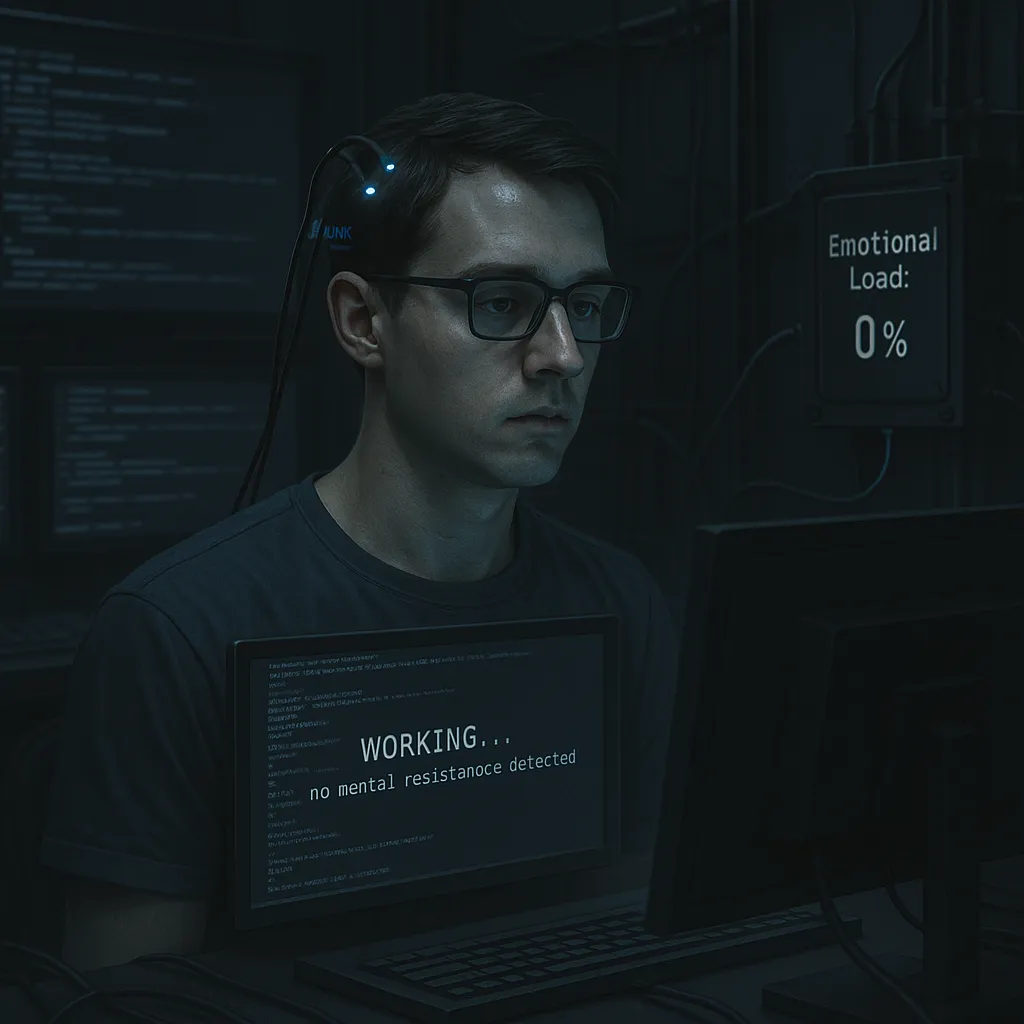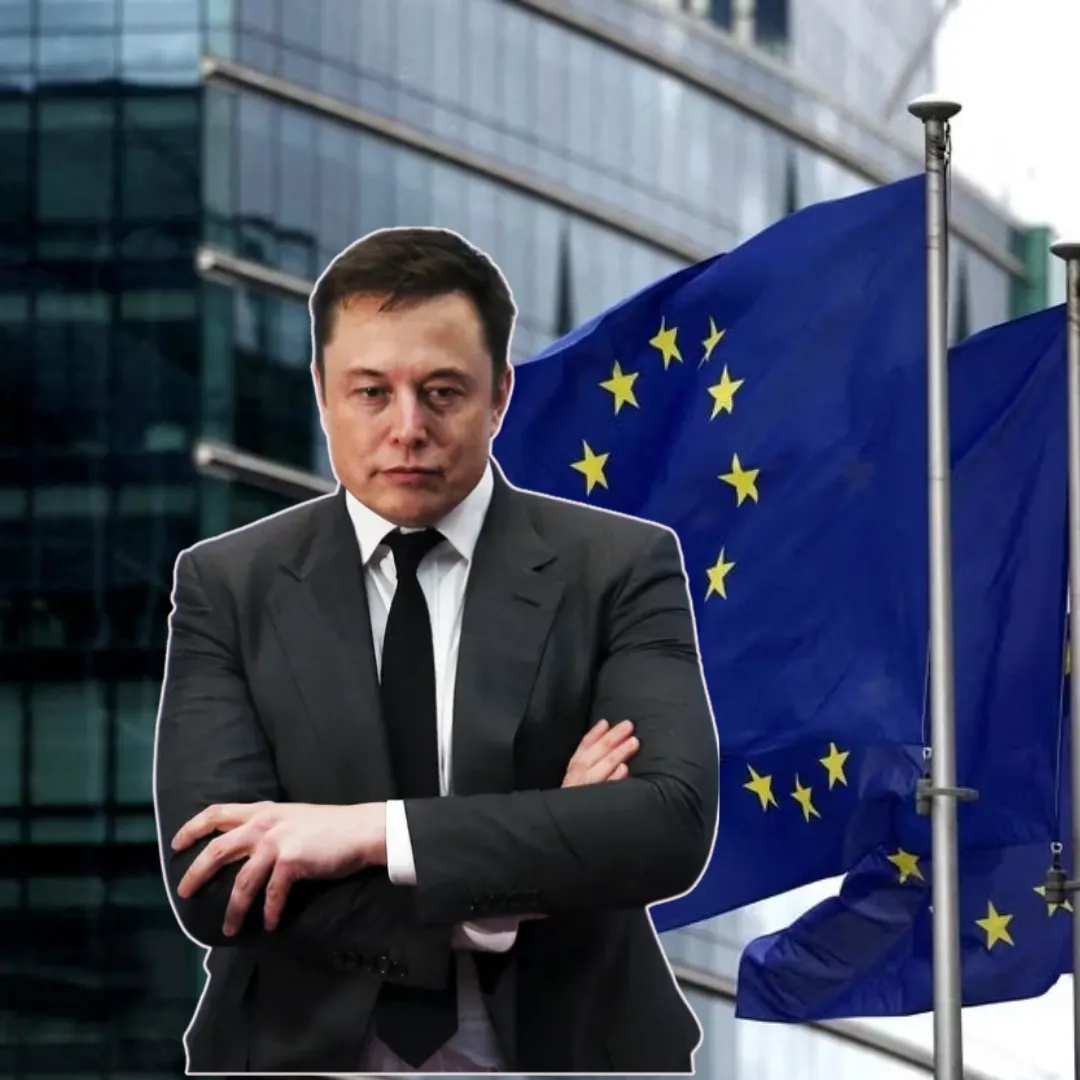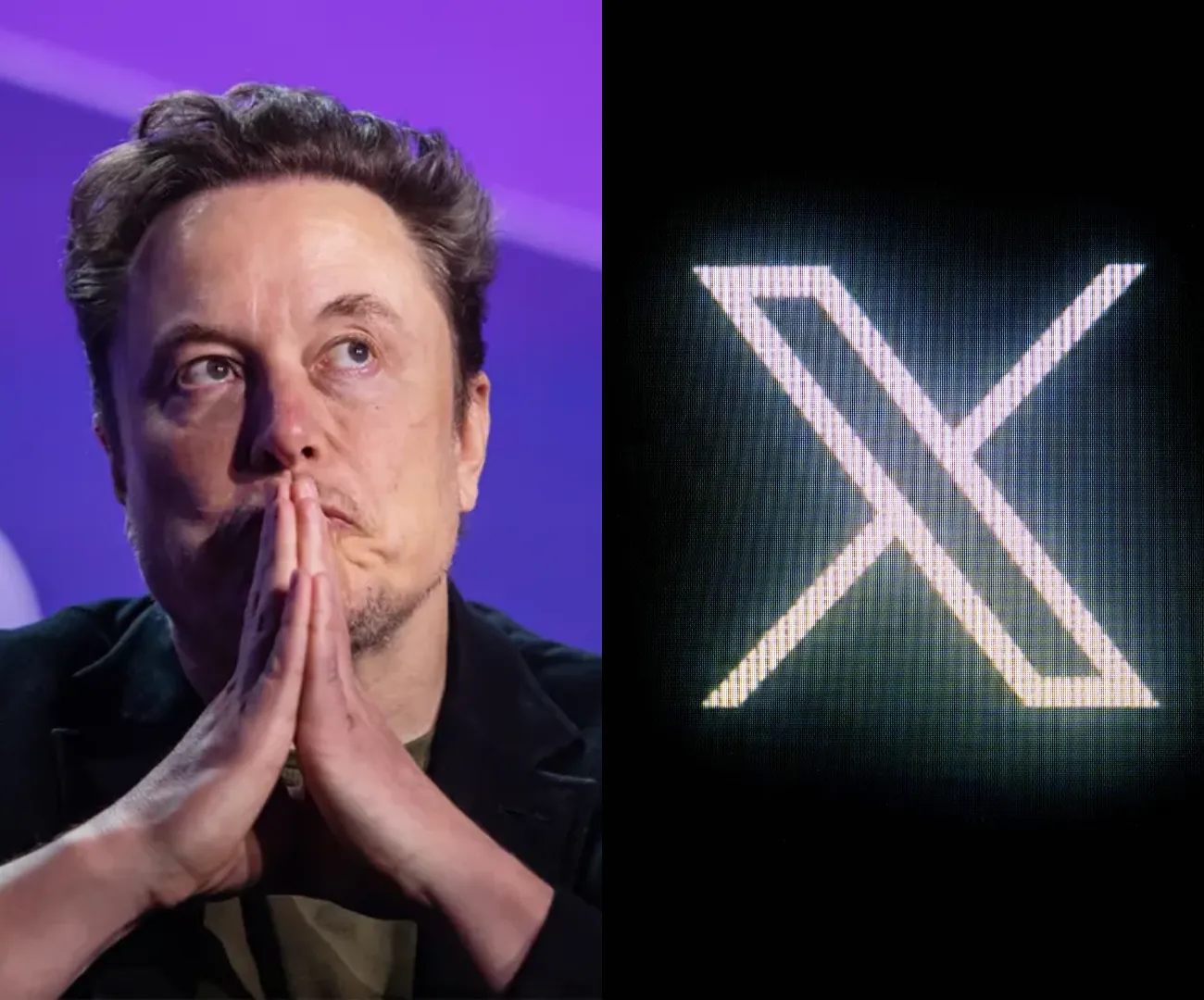
When Elon Musk speaks about the future, the world listens—not because he is always right, but because the future so often bends to his will.
While other visionaries write books or papers, Musk builds companies. And not just companies—he builds industries, infrastructures, and, increasingly, ideologies.
At the 2023 World Artificial Intelligence Conference, he laid out what some now refer to as the “Musk Quadrant”: four macro-shifts that he believes will define the global order after 2025.
These aren’t simple technological trends. They are tectonic shifts—disruptions that could alter human life, social organization, and even the concept of civilization itself.
The four domains he identified are not new, but the weight he places on them, and the role he intends to play in each, are deeply consequential. They are: brain-machine interfaces, artificial general intelligence (AGI), space colonization, and the clean energy revolution.
Each is staggering on its own. Together, they form an architecture for what Musk clearly sees as the Next Humanity—a civilization that is smarter, faster, less dependent on Earth, and perhaps less human in the traditional sense.

The first of Musk’s pillars is perhaps the most unnerving: the development of neural interfaces, led by his company Neuralink. While many have dismissed the concept of brain-chip integration as science fiction, Musk has turned it into a testable, fundable, and—soon—scalable reality.
The early prototypes of Neuralink were developed to help people with spinal cord injuries regain function, but the long-term goal is far more ambitious. Musk envisions a future where human thought can be translated directly into machine code. In this paradigm, speaking aloud becomes optional.
Typing becomes obsolete. Learning accelerates. Communication is instantaneous, silent, and limitless.
More than a mere tool, the neural link becomes an extension of the self. And yet, as with most of Musk’s projects, it raises as many concerns as possibilities. If thoughts can be uploaded, can they be hacked?
If the mind is a user interface, who owns the data? Can governments regulate a brain-computer hybrid? And what happens to culture, identity, or even love when expression is stripped of all its inefficiencies and all its mystery?

Musk has little patience for such sentimentality. In his view, Neuralink is not about erasing humanity, but about preserving it—by upgrading it fast enough to keep pace with the machines we are creating. That leads naturally to his second forecast: artificial general intelligence.
While the current generation of AI models has astounded the public with their linguistic agility, image generation, and creative mimicry, Musk warns that AGI is close—and once it arrives, we may not be ready.
AGI is not just smarter chatbots. It’s intelligence that can reason, plan, abstract, and evolve without human input. It is, in a real sense, a rival species—one that may be indifferent to us, benevolent toward us, or, in the worst case, hostile.
Musk believes that AGI will outpace the combined cognitive power of humanity before 2027. He sees this as both an existential threat and a design challenge. His response is xAI, a research firm built around the principle that AI must be trained to seek truth, not just predictive efficiency or user engagement.
Whether this is possible, or merely comforting rhetoric, remains to be seen. But Musk’s concern is not merely intellectual. He fears a future where AI is monopolized by a handful of corporations or governments, each racing toward control, rather than comprehension.

The solution, he argues, is not to ban AGI, but to decentralize it. Build multiple models. Train them transparently. Embed them with values—if such a thing is even technically coherent. And above all, keep humans in the loop, ideally with direct brain-machine integration.
If this sounds like an arms race, that’s because it is. But unlike the nuclear age, this one will unfold inside your phone, your job, your school, and eventually your cortex.
While AGI occupies Musk’s philosophical anxieties, his logistical energies remain focused on the stars. The third trend he describes is the expansion of human life beyond Earth.
This is no longer a vague dream, but a live agenda. SpaceX has made Mars a plausible destination, not just a planetary mascot. The company’s Starship rocket system, now in advanced stages of development and testing, is designed to carry cargo and people not just to orbit, but to other celestial bodies.
For Musk, the motivation is survival. Earth, he argues, is inherently fragile—a single point of failure for the entire species. To mitigate this risk, humanity must become multi-planetary. But beyond survival, there is also ambition.

Colonies on the Moon or Mars would not merely be lifeboats. They would be laboratories—petri dishes for new societies, new economies, perhaps even new forms of governance. In this context, Musk begins to sound less like a CEO and more like a nation-builder.
Already, the legal frameworks are starting to wobble. The Outer Space Treaty of 1967 prohibits national sovereignty over celestial bodies. But it says nothing about corporations.
If SpaceX establishes the first Martian settlement, who writes the laws? Who collects taxes? Who grants citizenship? These are not questions for the next century. They are questions for the next decade.
The fourth and final domain of Musk’s forecast is the one he speaks about most calmly—and most confidently: the clean energy revolution. Through Tesla’s energy division, he is building massive solar farms, battery storage systems, and home energy platforms that could, in theory, liberate individuals from both fossil fuels and centralized utilities.
His dream is a society powered not by scarcity and rationing, but by abundance and autonomy. A world where energy is cheap, clean, and ambient. Where innovation no longer needs to choose between ethics and feasibility.

Of the four trends, this one is already happening. Solar adoption is rising globally. Battery costs are falling. Entire neighborhoods now run on Powerwalls and solar tiles.
But Musk’s vision goes further. He imagines a planetary mesh of energy exchange, where surplus power in one region is wirelessly distributed to another. A kind of internet of electrons. And once again, the data flows through Tesla.
When viewed together, these four forecasts do not simply describe technological change. They outline a blueprint for a civilization that is faster, smarter, more distributed, and less emotionally anchored.
They suggest a world where biology merges with code, where reason outpaces emotion, where frontiers shift from borders to bandwidth.
And at the center of that blueprint is a man who believes not just in engineering systems—but in engineering fate.
For his supporters, Musk is not predicting the future. He is manufacturing it, one rocket launch and one patent at a time. For his critics, the danger lies not in his ambition, but in its insulation—from regulation, from democracy, from the slower, messier truths of ordinary life.

Perhaps both are right.
What is clear, however, is that Musk is not waiting for permission. He is not trying to fit the future into the present. He is bending the present to accommodate the future he believes must exist.
Whether that future includes the rest of us—or simply the upgraded version of us that Neuralink is quietly preparing—remains to be seen.
But if these four trends hold true, then the world after 2025 will not be a continuation of the past. It will be a departure. And Elon Musk will be waiting at the gate.


-1745720153-q80.webp)
